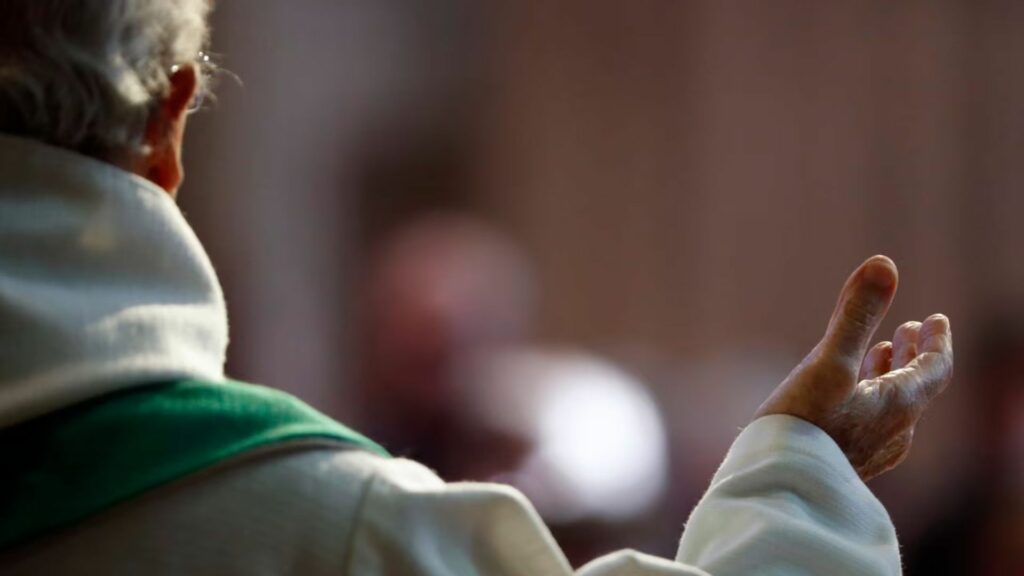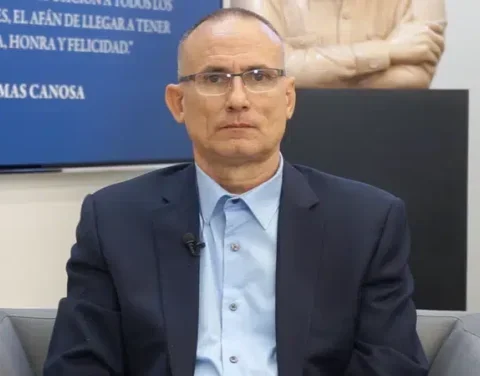Whenever insecurity is mentioned, the first thing that comes to mind is the violence that a person can suffer on public roads and at the hands of common criminals. What is relegated to the background is intrafamily violence, the most common of all, the one that generates the most insecurity and pain in society.
The statistics for the first semester of this year confirm this reality: of the more than 23,600 violent acts reported throughout the country, 18,000 of them were attacks that occurred within the home, that is, 76% of the total. A chilling fact. And the figure could be much higher if the enormous number of assaults that are not reported due to the shame or fear felt by the victims were taken into account.
In that gloomy home environment, women and children bear the brunt, even losing their lives: femicides reach 49 and infanticides 11 in the first half of the year. The murderers of women are usually their partners: husbands, boyfriends, cohabitants and ex-boyfriends. There has even been the case of the man who killed his 75-year-old mother. And the infanticides are usually the parents themselves.
Sexual assaults represent a separate chapter in this family drama. There have been 5,080 complaints of these cases in the same period, among which are, in descending order, sexual abuse, rape of women, rape of infants and rape. Here the range of perpetrators opens up to parents, stepfathers, uncles, brothers and cousins. A general horror.
What is happening in Bolivian society? How do you explain so much violence? The authorities that deal with these cases of domestic violence draw some conclusions, although they do not respond to sociological and psychological studies. They point to the loss of values in the family and the consumption of alcohol as the cause of a good part of these events. A piece of information that seems to support the latter is that the greatest number of attacks are recorded during the weekends, when, generally, there is some type of celebration or reason to drink in homes.
Of course, the causes of violence are very varied and complex. The family, as the nucleus of society, is susceptible to falling into a spiral of violence that is transmitted from generation to generation. In homes where a femicide has occurred, for example, with the mother already dead and the father in jail, the children are left in the care of other relatives who may not have the capacity to heal their emotional wounds. Minors like those who have suffered violence in their own flesh or have witnessed it, are more likely to replicate the behavior when it is their turn to start their own family. It is a degradation of the family essence that urgently needs to be reversed.
For the time being, society must provide the greatest possible assistance to the victims. Encouraging them to report their attackers already means a great step, because it is known that many of the women who lost their lives at the hands of their partner never reported the multiple attacks that preceded the fatal event. And, on the other hand, it is necessary to facilitate access to justice for victims, since this is where they most stumble when it comes to making themselves heard, as corroborated by the ombudsman.
The health of the social fabric depends on the well-being of the family. The different levels of government must join forces to prevent this fabric from further deteriorating. It is necessary to implement social assistance programs to eradicate evils such as intolerance, the inability to solve problems and the abuse of alcohol and drugs in the family environment. And it is necessary to act with preventive criteria, when the vulnerable members of the families already suffer humiliation, insults and threats, attacks that presage worse outcomes. The core of society deserves the greatest attention.


















